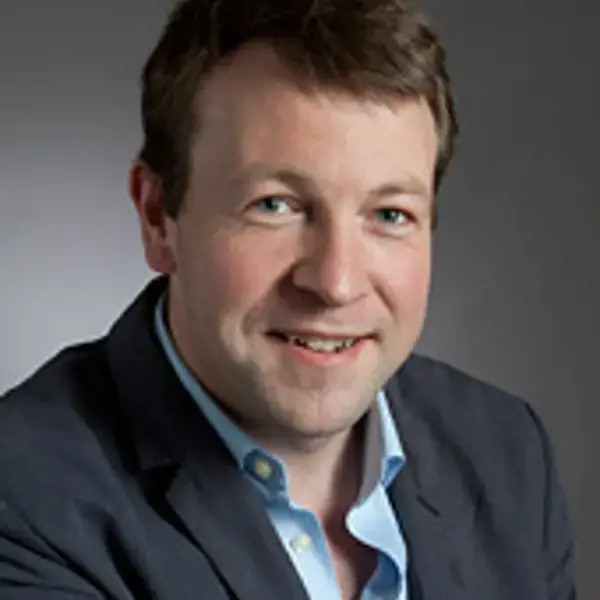Chalmers University of Technology
Reactive Recycling of Polyolefins
Industrial project
Postdoc
Open
Research question
In order to enhance the up-cycling rate of polyolefins (POs) and diminish the share of incineration and landfilled material, the properties of post-consumer POs should be equal or close to those of newly synthesized material. Thermoplastic polymers experience three main phases during their life cycle: (1) compounding and processing, (2) storage and usage and, ideally, (3) reuse and recycling. Each stage has the potential to significantly degrade the polymer backbone, resulting in post-consumer polymers with poor rheological and mechanical properties. One feasible way to improve the properties of post-consumer POs is melt-modification via a reactive extrusion process, which is attractive because it could be readily integrated into existing production lines.
The project will address three main research questions:
1) How does ES-co react with post-consumer POs through reactive extrusion?
2) How does ES-co affect the rheological and mechanical properties of post-consumer POs?
3) Can this technology be used as an in-situ compatibilizer to recycle immiscible mixed polymers such as PO and polycondensates?
Sustainability aspects
This project addresses the the following United Nation’s Sustainability Development Goals (SDG):
7) Affordable and Clean Energy, 8) Decent Work and Economic Growth, 9) Industry, Innovation and Infrastructure, and 12) Responsible Consumption and Production.
Nexam Chemical Holding AB
Christer Svanberg
R&D
christer.svanberg@nexamchemical.com

Chalmers University of Technology
Christian Müller
Professor
christian.muller@chalmers.se
Explore projects under the WISE program
WISE drives the development of future materials science at the international forefront. The research should lead to the development of sustainable and efficient materials to solve some of today's major challenges, primary sustainability. On this page you can read more about our research projects.
Explore projects